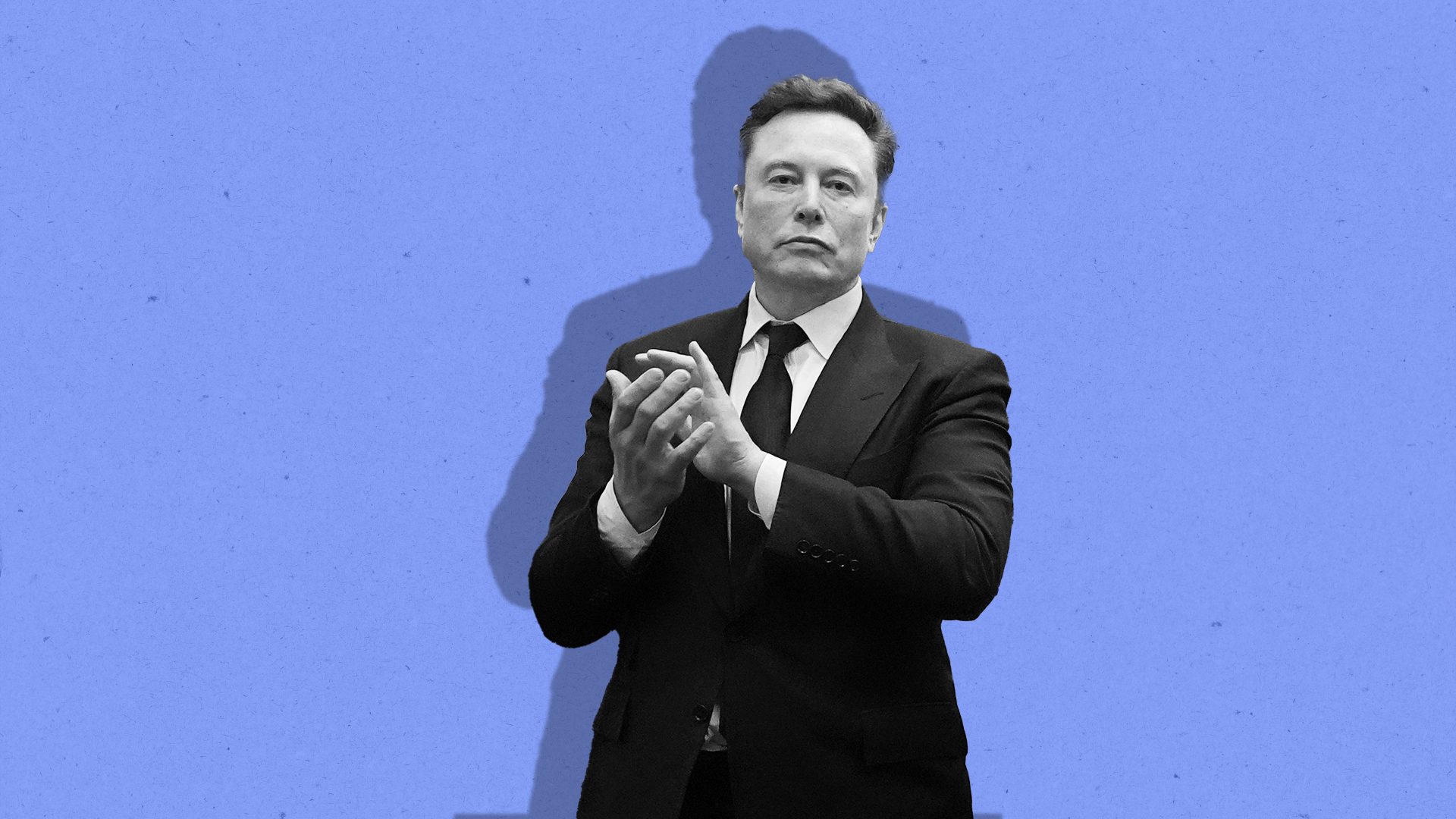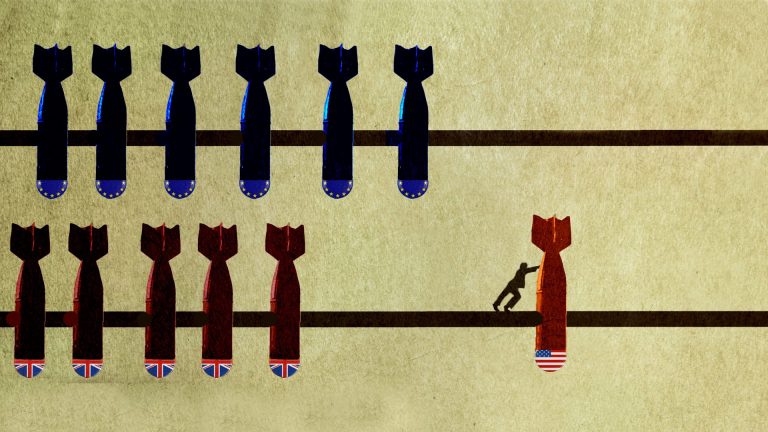Europe is finally fighting back against Elon Musk, and Twitter – and not a moment too soon.
Only days before Donald Trump’s inauguration, and on the same day the US Supreme Court ruled that TikTok must be banned unless it divests from Beijing, Brussels announced that it will significantly step up its investigation into the online – increasingly disinformation-heavy – social media platform that Musk owns.
The European Commission said on Friday that Twitter – or X – must produce internal documents about how its recommendation algorithm works. It has also been ordered to provide information about its content moderation systems, as well as the mechanisms that turn certain accounts viral, to ensure it respects EU legislation.
The Commission is expanding its investigation into X amid fury surrounding the platform’s algorithms, which has boosted far right extremist and neo-Nazi content ahead of Germany’s February elections.
The investigation into whether it contravenes the Digital Services Act of 2022, was scaled up after Musk endorsed the extreme right Alternative for Germany (AfD), and interviewed its leader Alice Weidel on Twitter. During the live-streamed one and a half hour love-in, among other subjects Weidel set out a series of revisionist lies about Hitler. Musk has repeatedly stated that “only AfD can save Germany”, and has lashed out at Chancellor Scholz as a “fool”.
The blitzkrieg digital war is not unlike Musk’s campaign of defamation against Keir Starmer, who he has targeted in hundreds of posts. The disinformation onslaught began almost the moment the Labour government was elected last July and has culminated in Musk’s repeated calls for the release from prison of the far right criminal agitator Tommy Robinson. Musk has also expressed support for the Reform Party and its anti-immigrant narrative, and wants Nigel Farage replaced as leader.
The belated Brussels move to get to grips with Musk follows significant pressure from MEPs, as well as leaders in Germany and France, including Olaf Scholz, Emmanuel Macron and his government.
Speaking at a Berlin press conference, on Friday Scholz noted that Musk “supports the far right everywhere in Europe – in the UK, in Germany, in many, many other countries – and that is something that is completely unacceptable. It endangers the democratic development of Europe, it endangers our community, and it must be criticised.”
When the Weidel interview was announced, Macron told foreign ambassadors that Musk was using his platform to back “a new reactionary international” and was intervening “directly in elections, including in Germany”. Unfortunately that same reactionary movement is highly visible in France, as it is in the UK. Marine Le Pen’s right hand man Jordan Bardella never voted against regulation of social media giants in his role as an almost entirely absent MEP. But he, like the Tories and many on the Reform side, is claiming that any attempt to apply the law and crack down on X’s hate and electoral interference are a threat to “freedom of expression”.
The former European commissioner Thierry Breton has been another of Musk’s targets, who called him the “tyrant of Europe” for questioning whether Musk was in compliance with European law.
This expanded Twitter/X investigation follows a similar action against TikTok, which is under investigation over its influence on Romania’s 2024 elections. Twitter/X has faced previous criticism for its verification program and lack of transparency, with the Commission considering fines of up to 6% of the company’s global turnover if found non-compliant. But as critics point out this is peanuts – for Musk, at least.
European lawmakers will intensify calls for accountability. Aurore Lalucq, a centre-left French MEP and chair of the EU Parliament’s economic affairs commission, has filed an official complaint against X with France’s media regulator ARCOM. She called out Brussels’s weak response to Musk’s interference and his favouring of the extreme right. So, is Brussels listening more to France, Germany, and other countries concerned about X’s harmful role? Is it no longer “afraid of its shadow,” as Lalucq puts it?
“Finally! It’s moving forward!” she said. “The Americans are not afraid to impose sanctions in the event of a problem. So why should the European Union be afraid?”
The response to Musk may need to be more multi-pronged and involve some carrot as well as stick. Europe, like the UK, needs to encourage and develop its own regional digital sovereignty. Or, as France’s minister for relations with Europe, Benjamin Haddad, points out: “What’s happening with Elon Musk is a revelation of the fact that in Europe we’ve put a lot of emphasis on regulation, on standards, on bureaucracy, and not enough on innovation, on support for businesses, and on competitiveness.”









